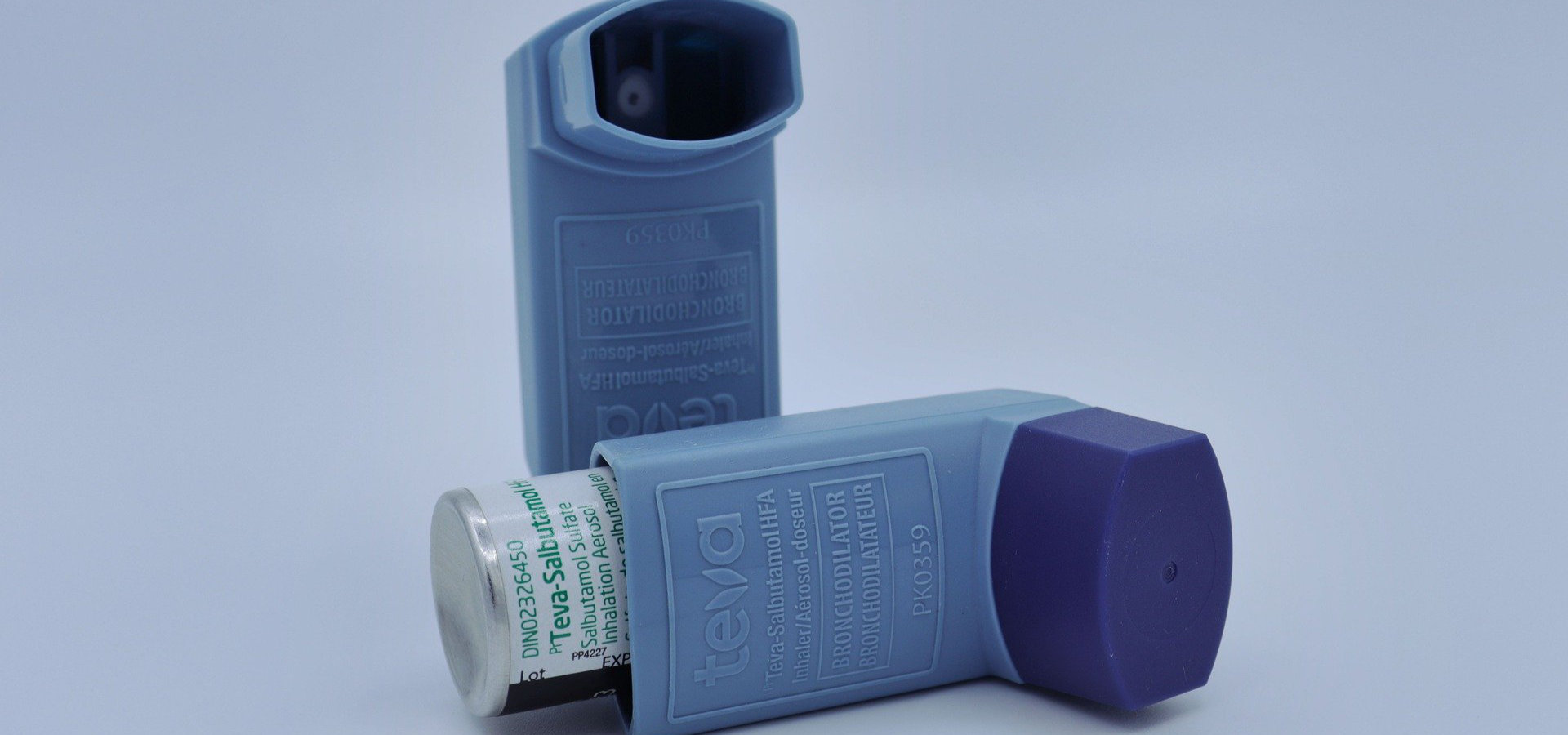A study by researchers of the Instituto de Saúde Pública da Universidade do Porto (ISPUP), published in the journal “PLOS One”, showed that it is possible to identify asthma biomarkers in children’s exhaled breath condensate. This identification is useful to help define a more personalized treatment for patients.
Several factors have been identified as responsible for the burden of asthma disease. “From the public health point of view, safe and effective approaches to primary or secondary prevention of pathology, which can be used early, are still lacking”, explains Francisca Mendes, first author of the study, coordinated by the ISPUP researcher André Moreira.The article aims to “identify potential biomarkers in exhaled breath condensate, the so-called microRNAs, that help diagnose and endotype asthma in school-aged children”, the researcher says. “MicroRNAs are RNA (ribonucleic acid) molecules that exist in the body that modulate almost all biological processes. Previous studies have shown that certain microRNAs may be associated with the development of asthma. However, research on the role of these molecules as potential biomarkers to diagnose the disease is still scarce. This study seeks to clarify the issue”.
The researchers analyzed the exhaled breath microRNA profile of 186 children, ages 7 to 12, from 20 public elementary schools located in the city of Porto.
In individually analyzing children’s microRNAs, the researchers looked at whether they were positively or negatively associated with the presence of asthma symptoms such as cough and wheezing, and the existence of respiratory symptoms such as irritative cough and difficulty breathing.
The study showed that it is possible to measure microRNAs in children’s exhaled breath condensate and that this is a simple, safe and non-invasive method.
It was also possible to prove that “some of these microRNAs can be used as potential biomarkers of asthma in children, helping to define asthma endotypes (a term that describes the observable and pathophysiological characteristics of the disease), in order to guide the treatment of pathology more closely”, says Francisca Mendes.
The research is entitled Development and validation of exhaled breath condensate microRNAs to identify and endotype asthma in children. The researchers Inês Paciência, António Carlos Ferreira, Carla Martins, João Cavaleiro Rufo, Diana Silva, Pedro Cunha, Mariana Farraia, Pedro Moreira, Luís Delgado and Miguel Luz Soares also participated in the study.
Image: Pixabay/InspiredImages



